Do super delegates ‘rig’ the Democratic primaries in Hillary Clinton’s favour?
HILLARY Clinton’s only rival has won thousands more votes than her, but in the one count that matters, she’s still way ahead. Americans are angry about it.

HILLARY Clinton should be winning.
America’s former first lady and secretary of state has a clear path to her party’s presidential nomination. She’s rolling in cash, wielding a ruthlessly efficient campaign machine and facing just one rival — Bernie Sanders, an eccentric 74-year-old who openly describes himself as a “socialist” in the least socialist country on Earth.
Compare that to Clinton’s last run for president in 2008, when she was caught off guard by the historic candidacy of Barack Obama. This time, it should be easy. But Clinton is struggling.
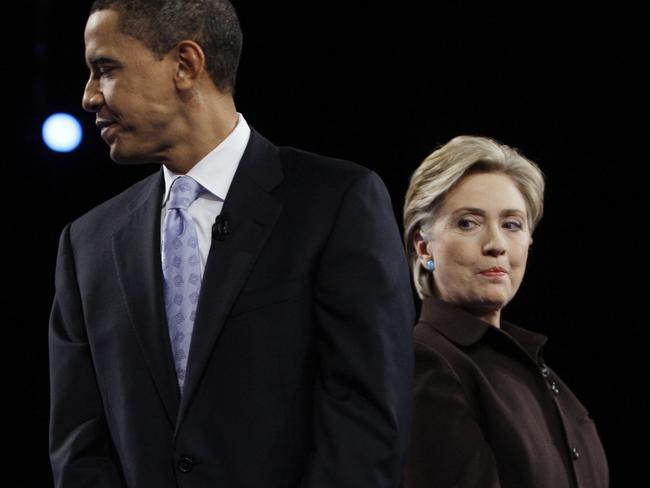
Nine days ago, Sanders walloped Clinton in the New Hampshire primary, raking in 151,000 votes compared to her 95,000. In other words, the woman widely perceived to be the Democrats’ only viable nominee for president just conceded more than 60 per cent of the vote to a rank outsider.
There were a few reasons for that crushing defeat. Clinton’s fans stressed that New Hampshire has far fewer minority voters than other states, making it a natural fit for Sanders, who draws most of his support from white people. They’re right.
Clinton’s critics pointed to signs that voters don’t trust her, contrasting that to Sanders’ undeniable authenticity. They’re right too. Among voters who said they cared most about the candidates’ “honesty and trustworthiness”, Sanders led 92-6.
Whatever its causes, the effect of Sanders’ triumph was stark. After the first two contests of the primary campaign (Clinton scraped to a razor thin victory in Iowa a week earlier), he holds a commanding 56-42 per cent lead nationally.
Now for the crazy part: even though he’s received 56,000 more votes than Clinton, Sanders is actually losing.
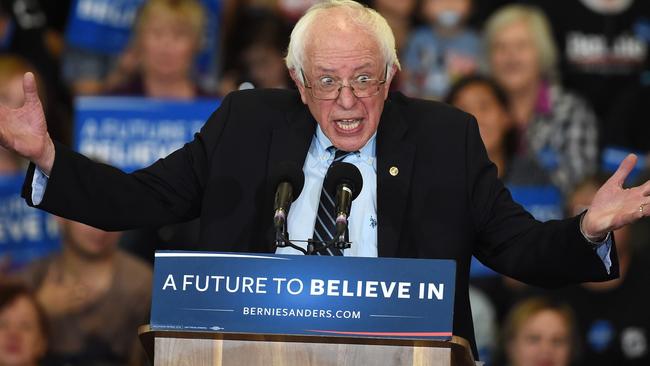
He can blame the Democrats’ complex nomination process, which many of his supporters claim is “rigged” in Clinton’s favour. Under this system, Sanders’ big national lead is utterly irrelevant.
Clinton and Sanders are instead competing for “delegates”, who are assigned to them state-by-state. Some states award their delegates proportionally, based on each candidate’s percentage of the vote, while others simply award all their delegates to whoever finishes first.
Make sense so far? Kind of? Good, because it’s about to get even more convoluted. In addition to these regular delegates, there are also a total of 712 “super delegates” — party leaders and elected officials who can ignore the voters and support whomever they like. At the moment, Clinton has 98 per cent of them in her corner.
The result? After Iowa and New Hampshire, Clinton trails Sanders with 42 per cent of the vote, but destroys him in the one count that actually matters, with 90 per cent of the delegates.
Earned Delegates
Clinton: 32
Sanders: 36
Super Delegates
Clinton: 362
Sanders: 8
Total Delegates
Clinton: 394
Sanders: 44
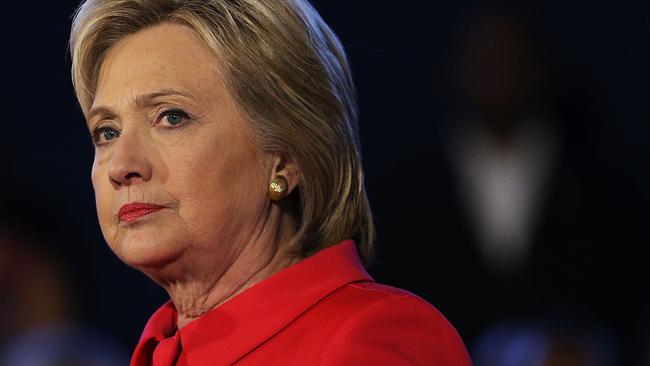
Understandably, Sanders’ fans aren’t happy. In their view, Clinton is being propped up by the party’s unrepresentative establishment at the expense of an outsider with the support of ordinary Democratic voters.
At the time of writing, two petitions started by the progressive activist group MoveOn, both demanding that super delegates follow the will of the voters, had 322,000 signatures. It should be noted that MoveOn endorsed Sanders in January.
“This process is undemocratic and fundamentally unfair to Democratic primary voters,” the group’s executive director, Ilya Sheyman, said.
“Democracy only works when the votes of the people — not the decision of a small number of elites — are what determines the outcome of elections.
“Super delegates must stand with voters and honour the outcomes of primaries and caucuses held across the country. The party’s base simply will not tolerate any anti-democratic efforts by super delegates to thwart the will of the people.”
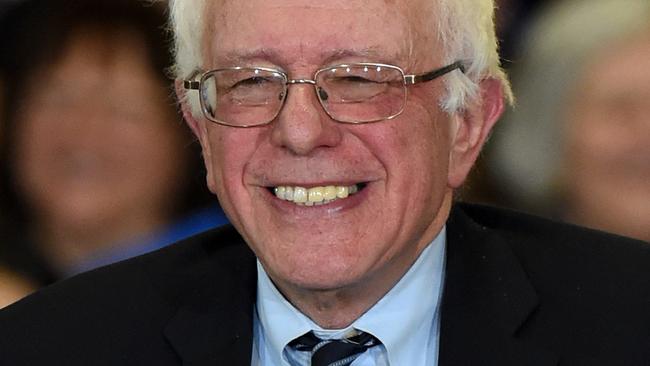
More neutral voices are also pointing out Clinton’s structural advantage.
“If you’re a Sanders supporter, you might think this seems profoundly unfair. And you’d be right: it is profoundly unfair,” stats guru Nate Silver wrote over at FiveThirtyEight.
“Super delegates were created in part to give Democratic party elites the opportunity to put their finger on the scale.”
It isn’t about to get any better for Sanders either. According to The Hill, Clinton can already count on the support of half the super delegates in Nevada and South Carolina, even though those states haven’t voted yet. They’re next on the calendar.
Sanders himself isn’t complaining. He’s counting on a repeat of Clinton’s long, tough campaign against Barack Obama, in which she also raced to an early lead among super delegates, then watched many of them defect as they realised Obama was going to be the nominee anyway.
“If we continue to do well around the country, and if super delegates whose main interest in life is to make sure that we do not have a Republican in the White House, if they understand that I am the candidate who is best suited to defeat the Republican nominee, I think they will start coming over to us,” Sanders told CBS on Sunday.
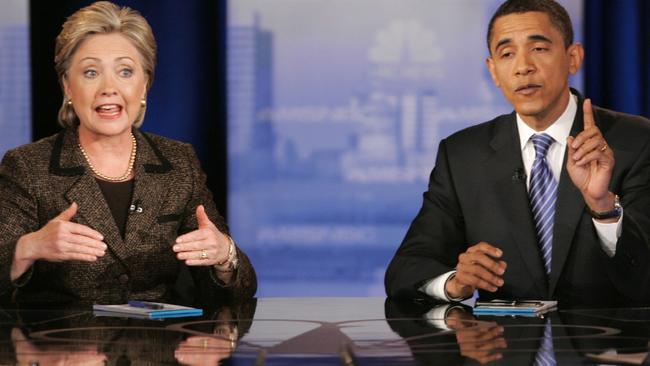
The Democratic National Committee, which oversees the party’s primaries, is also playing down the importance of super delegates.
“Ultimately, each state’s delegation is comprised of a diverse group of citizens like you and the Democratic leaders you have elected,” Patrice Taylor, the committee’s Director of Party Affairs and Delegate Selection, wrote last weekend.
“The election is not rigged for one candidate or another. The rules ... were established in the 1970s, long before any current candidate declared for office. All candidates run under the same rules.”
Ms Taylor makes a fair point. And it’s entirely possible - likely, even - that Clinton will surpass Sanders’ vote total as the campaign moves to more racially diverse states. But however you look at it, she already has a huge headstart.





